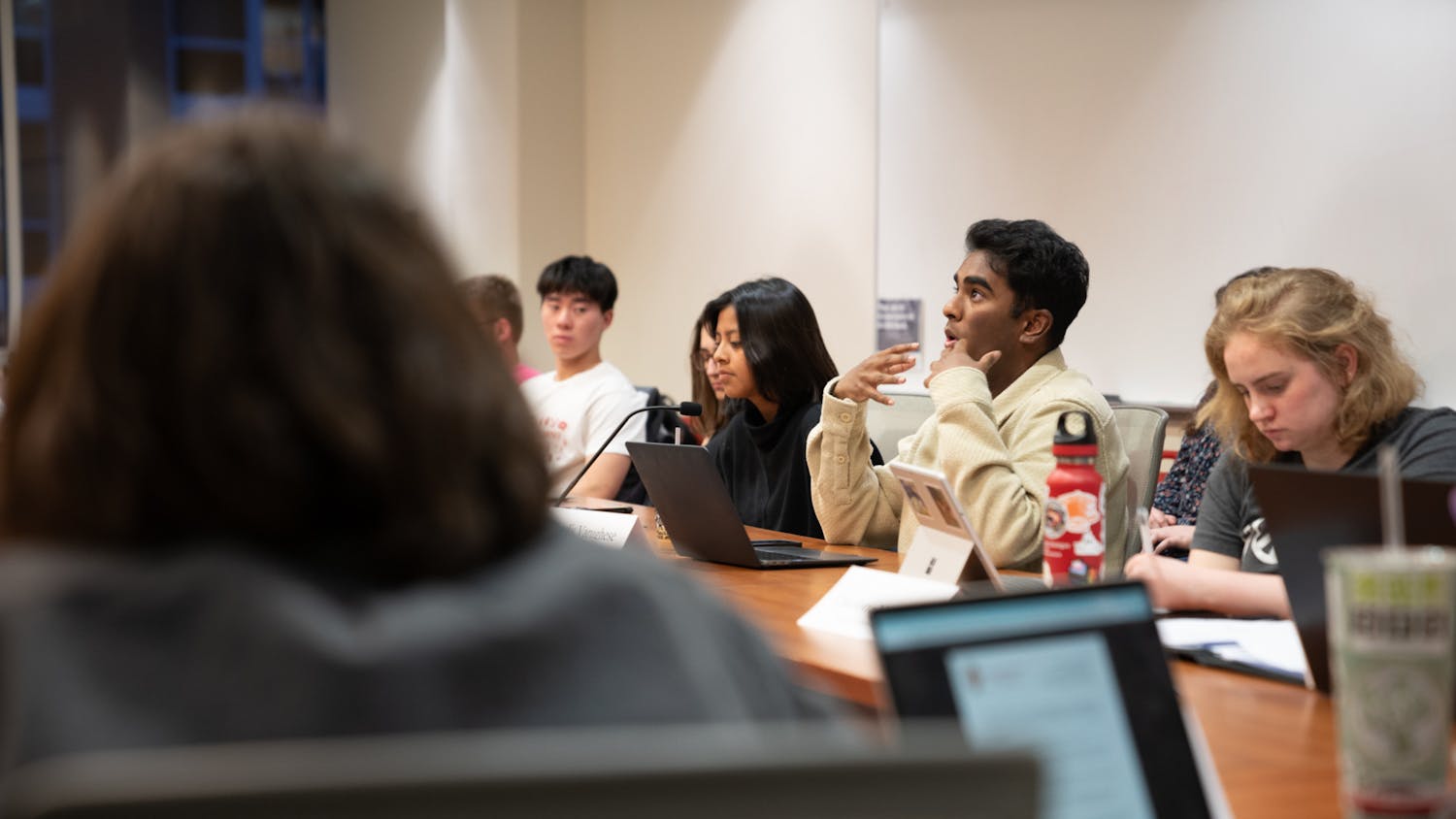Criticized for its perceived lack of preparation and empathy toward underrepresented communities in Madison, Wis., the UW-Madison “Smart Restart” plan has left Badger families and students, as well as city residents, questioning the processes leading up to executive decisions that affect everyone associated with the campus community.
The “Smart Restart” plan outlines the university’s approach to navigating and responding to the COVID-19 pandemic, complete with updates, plans and information. Testing implementation, details and statistics were also included in the plan.
UW-Madison Senior Strategic Communications Advisor David Giroux said that Chancellor Rebecca Blank’s executive team is responsible for devising the Smart Restart plans.
“The Chancellor's entire executive team, representing every administrative and academic unit of the campus, devised the plans, calling upon specific input from experts in public health, epidemiology, and other related fields,” said Giroux. “The Chancellor and her leadership team will continue to seek broad input from the best available sources as they adapt and adjust our strategies moving forward. Regardless of what tactics we employ, our goal will remain the same-- continue to fulfill our educational mission while protecting the safety of our students and employees.”
While Blank sought input from outside experts, colleagues and department faculty, some remain critical of the university’s approach to preventing a COVID-19 outbreak.
Daniel Zuckerman, a UW-Madison sophomore and member of student organization Engineers for a Sustainable World, shared his opinion on the university’s “Smart Restart” decisions and initiatives.
“I think the university prepared well but I do not know how they did not anticipate for the freshmen to have a surge of COVID-19 cases,” Zuckerman said. “Sophomores and upperclassmen do not have the biggest urge to go out and socialize compared to freshmen. Also, upperclassmen live off-campus which reduces exposure compared to living in the dorms. The university should have set dorm curfews and other restrictions on freshmen before cases began increasing.”
Discussions and conversations about COVID-19 at the administrative level have not been made transparent to students.
“Conversations among university leaders, in general, tend to be very robust, rigorous conversations,” Giroux said. “Academic leaders tend to be very collegial, but they take their roles and responsibilities seriously, and they are accustomed to having their theories and ideas challenged. That's the scientific method, so you typically see a lot of back-and-forth, with people always coming back to the best available evidence, data, facts, etc. That is how we derive the best possible decisions.”
Academic leaders within each department come together to make decisions for the university. According to Giroux, the Office of the Provost had a significant impact on deciding what the 2020-21 academic calendar would look like, including the scheduling of breaks and recesses.
This year, the housing and dining department underwent many changes as well. They established new safety measures by providing isolation housing for students with COVID-19 for a minimum of 10 days. Students identified as close contacts to people infected with the virus are placed in quarantine housing for at least two weeks. Restrictions were also applied to dining halls after consultation with health officials and leaders of housing and dining.
“To reduce the number of people entering and exiting residence halls this fall, the university will limit access to residents only; no guests will be allowed,” says University Housing and Dining. “This policy also will apply to all campus dining facilities operated by University Housing, including Gordon Dining & Event Center and Four Lakes Market inside Dejope Residence Hall.”
With so many departments, university leaders and faculty sharing their opinions, discourse regarding campus decisions proved difficult to balance.
“We are a very large, decentralized university campus, employing thousands of people who all have advanced degrees (and are not afraid to use them), so discussions about power and authority could take up the better part of a doctoral thesis or two,” Giroux said jokingly. “In all seriousness, this is a place where broad input is valued; decisions are made in a collaborative fashion.”
Ultimately, Chancellor Blank has the greatest influence regarding decision-making. UW-Madison continues to adapt to new information about the coronavirus through its “Smart Restart” plan. However, the department or university leader — other than Chancellor Blank — responsible for spearheading initiatives and making final decisions cannot be easily determined.






